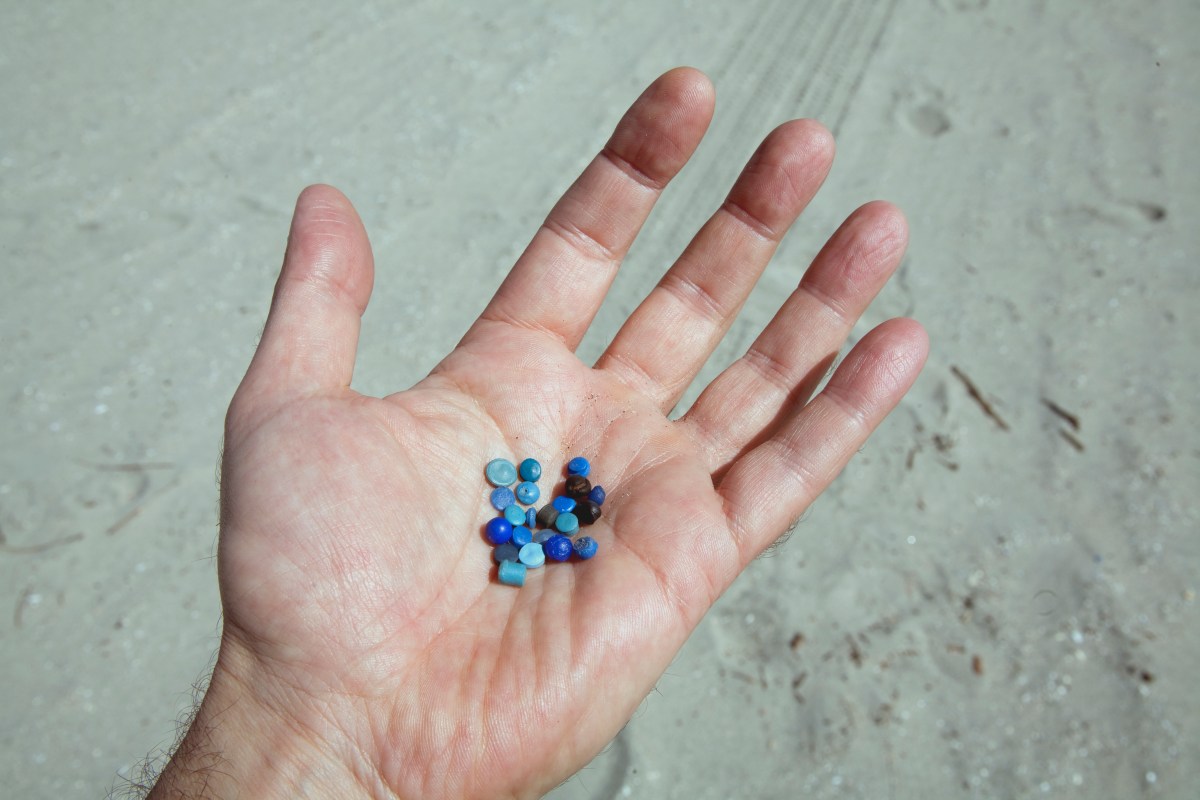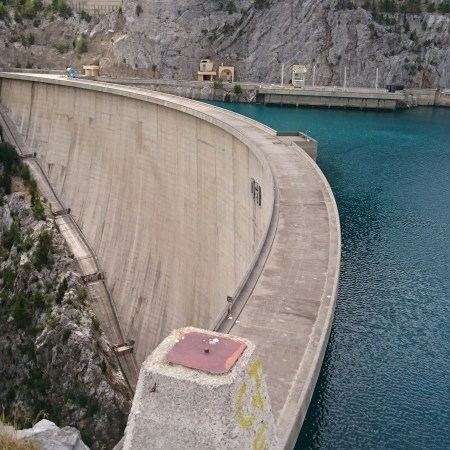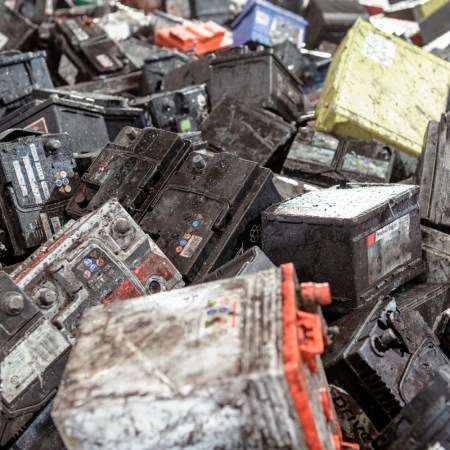The tiny pellets of plastic called nurdles, known as “mermaid tears,” are taking over beaches in the UK and around the globe. Nearly 140,000 nurdles, an average of 139.8 per square metre were discovered on Hightown beach in Liverpool.
Thanks to citizen scientists taking part in The Great Global Nurdle Hunt, created by a charity called Fidra in an effort to address the environmental issue, data is being collected to help identify the main sources of the plastic pollution and how common they are globally.
The term “mermaid tears” is fitting as ocean wildlife can become poisoned and die when they eat the tiny bits of plastic, which look an awful lot like food to marine life. Too bad for the fish– dinner comes with an extra helping of noxious chemicals.
According to Science Alert, some 53 billion nurdles find their way into the environment every year thanks to the UK plastic industry. The plastic can be so noxious, folks are warned from touching it with their bare skin.
If you’re looking to help collect nurdle data and assist in cleanup, check out the online nurdle ID guides online and be sure to wear gloves!
Thanks for reading InsideHook. Sign up for our daily newsletter and be in the know.

















